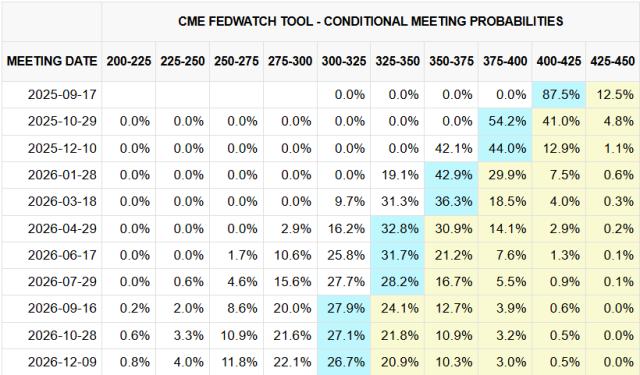Import tariffs on ASIC from Southeast Asia at 21.6% and China at 57.6% slow down the growth of the US Bitcoin mining industry, with machinery shifting to Canada.
The Bitcoin mining industry in the US is facing serious challenges as the Trump administration officially applied new import tariffs on mining equipment starting August 7. According to Ethan Vera, Chief Operating Officer at Luxor Technology, these high retaliatory tariffs will slow the growth of domestic Bitcoin mining companies and encourage operations to move overseas.
After a 90-day tariff suspension announced by Trump during the "Liberation Day" trade reform in April, the administration officially implemented new tariffs on July 31. According to the document Vera provided, the tariff includes a 19% retaliatory tax on ASIC miners imported from Indonesia, Malaysia, and Thailand, raising the total import tariff from these countries to 21.6%.
Before Trump's second term, ASIC miners imported from Southeast Asian countries only faced a standard import tariff of around 2.6%. For China - the world's largest Bitcoin mining equipment production center - the total tariff is now 57.6%, including a 10% basic retaliatory tax and a 20% additional tax, though still significantly lower than the previously proposed 145%.
Mining industry shifts to Canada and other markets
Luxor Technology, operating in 32 countries with the US as its largest market, has seen a clear decline in demand from US customers. Vera notes that equipment flows are moving to countries with more favorable import tax policies like Canada. "With a 21.6% tariff, the US is now among the least competitive markets for equipment imports, and Miners are considering expanding to Canada and elsewhere."
To respond to the situation, Luxor is supporting customers in accessing Mining Rig sources through domestic production partners, including a domestic assembly agreement with MicroBT - one of China's largest mining equipment manufacturers. Vera believes all major ASIC manufacturers are currently expanding local production capacity to provide equipment at reasonable costs for the US market.
Companies holding large quantities of old Mining Rigs in the US could benefit significantly. Luxor predicts used ASIC machine prices in the US will increase by at least 20% due to increased demand for available domestic equipment.
However, not everyone is pessimistic. Leo Lu, Chairman and CEO of BitFuFu - a Singapore-listed Bitcoin mining company, believes US Miners can maintain profit margins due to low electricity costs and increasingly popular renewable energy sources, despite rising equipment prices. BitFuFu has established partnerships in Oklahoma, Texas, and Colorado to optimize operations and absorb negative impacts from tax policies.
Despite statements supporting cryptocurrency assets and desires to make the US a "Bitcoin mining powerhouse", Trump's tax policies are forcing industry companies to quickly adjust their plans. In May, Vera previously noted that if the entire supply chain is taxed, Russia might be the primary beneficiary by importing equipment at lower costs, while US and European investors would shift Capital to Canada, Northern Europe, Ethiopia, Brazil, Argentina, Chile, and Paraguay.
Long-term, Luxor is optimistic about domestically producing mining equipment in the US but warns the process will take many years. Assembly in the US is currently feasible, and some companies have already started, but components and raw materials still primarily come from Asia.
Luxor is advocating for Bitcoin ASIC miners to be exempt from import tariffs similar to HTSUS 8471 regulations for computers, laptops, and servers, believing this is an important step aligned with the administration's commitment to supporting the domestic industry.





